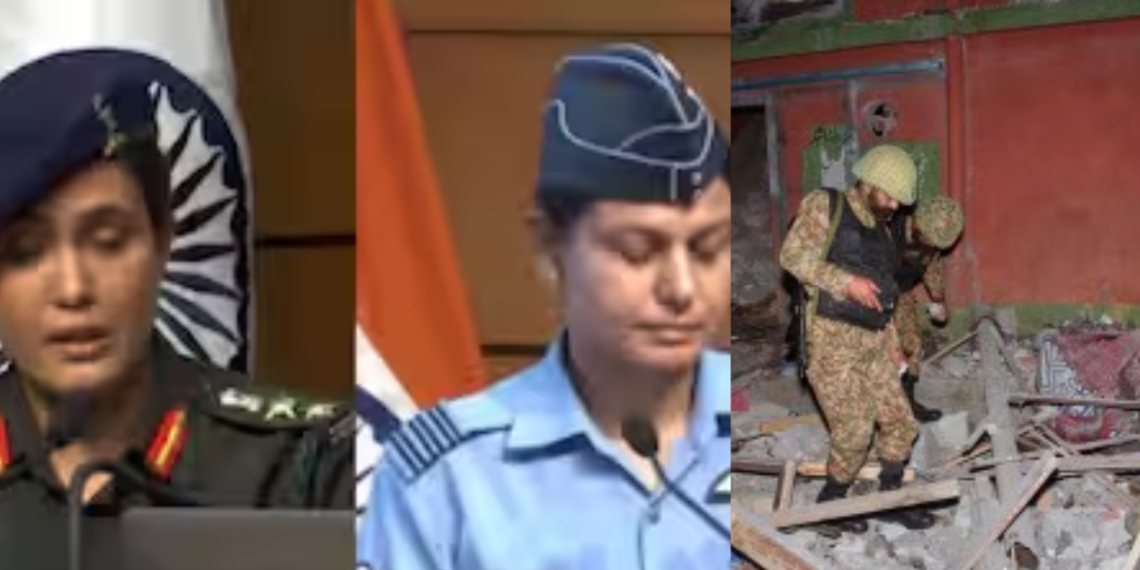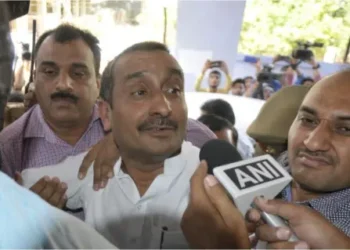New Delhi:
The nine terror camps and training facilities targeted in ‘Operation Sindoor’- India’s overnight military response to the Pahalgam attack- represented a “measured, non-escalatory, proportionate, and responsible” answer to Pakistan’s support of cross-border terrorism, the government said Wednesday.
The targets – four in Pak and five in Pak-occupied Kashmir, or PoK – were selected based on “credible intelligence” and focused on “dismantling terrorist infrastructure and disabling terrorists”.
‘Operation Sindoor’ – India’s first tri-service military mission since the 1971 war with Pak – also represented the right to respond to and pre-empt cross-border terrorism, the government said.
Operation Sindoor:
The attack began at 1.05 am Wednesday, May 6, and lasted just 25 minutes, within which time the nine camps were hit with stand-off munitions like the HAMMER bomb and the SCALP missile, as well as others that can hover over an area to confirm its target before detonating.
The attacks were synchronised to avoid detection and maximise damage, the government said.
Before the briefing government sources told the media 70 terrorists were killed.
At least 60 others were injured.
The precise nature of India’s strikes – which sources said may be the first wave, depending on how Pak responds – underlines the country’s steadfast position on cross-border terrorism.
Ajmal Kasab was trained in these camps:
Colonel Sophia Qureshi of Indian Army’s Corp of Signals told the media in the press conference that David Headley and Ajmal Kasab who attacked Mumbai in the heinous 26/11 terror attacks were trained in one of the camps that were targeted in the Op Sindoor.
The presser included statements from two women officers – Colonel Sophia Qureshi from the Army and Wing Commander Vyomika Singh from the Air Force – who highlighted the links between the targets and Pak-based terrorist groups, as well as their attacks on India.
One of these camps, Col Qureshi said, was in Muridke, which is 40km north of Lahore.
Muridke housed a Lashkar-e-Taiba terrorist training base that trained Ajmal Kasab and David Headley, the terrorists behind the 26/11 Mumbai attacks in which over 150 people were killed.
These military strikes were designed to ” deliver justice to the victims of the Pahalgam terror attack and their families”, Wing Commander Singh told the press, explaining the terror camps were also selected to avoid damage to civilian infrastructures and loss of civilian lives.













